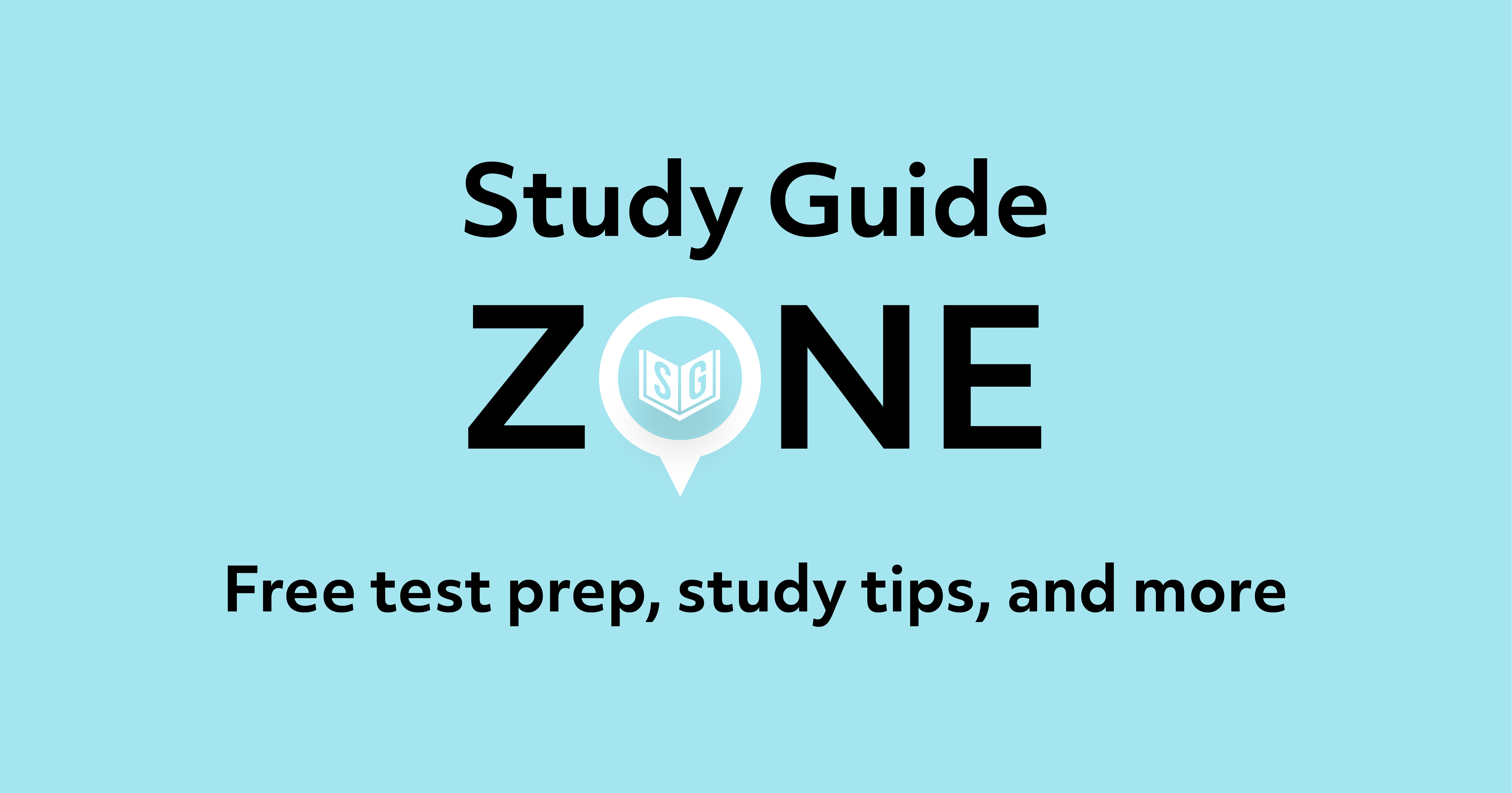Wondering how to pass the life insurance exam and get your license? We’ve got the tools to help.
By clicking "Get Started", I consent by electronic signature to being contacted by EverQuote, including by automatic telephone dialing and/or an artificial or prerecorded voice (including SMS and MMS - charges may apply), regarding EverQuote for Agents, even if my phone number is listed on a Do Not Call Registry. I also understand that my agreement to be contacted is not a condition of purchasing any goods or services, and that I may call (844) 707-8800 to speak with someone about EverQuote for Agents.
When you’re considering a career as a life insurance agent, the prospect of an exam may feel daunting. (After all, didn’t you finish those for good after you took your last college final?) As someone who works in the field, I can say that, with the right preparation, passing the exam isn’t as hard as it may seem—and it leads to a fulfilling career that’s well worth the effort. In this article, we’ll sort through some key information and study tips so you know beyond a doubt how to pass the life insurance exam, and feel confident going in.
Looking to win more sales via client conversations? Learn the exact processes that a top agent uses in his calls. Download Free Guide: A Winning Insurance Sales Conversation Process in 8 Steps
First, it’s important to understand what you’ll get out of this test: If you pass, you’ll get your resident license to sell life and/or health insurance, which means you can practice within your state of residence. However, once you gain this resident license within your home state, you have the ability to pay for a non-resident license in any other state via the National Insurance Producer Registry—without taking the licensure exam again! The fee varies by state for a non-resident license, and usually needs to be renewed every two years; you can learn more about rules and fees here.
Before taking the test, find out the rules, regulations, and fee expectations for your state. Some states allow you to take the life insurance exam on its own, which usually takes 20 hours of studying and/or pre-licensing education (more on this education later—your state may or may not require it as a prerequisite to taking the actual exam). However, some states or agencies require you combine your life insurance exam with another license class to maximize the areas in which you can negotiate policies. Some of these license classes may include:


















